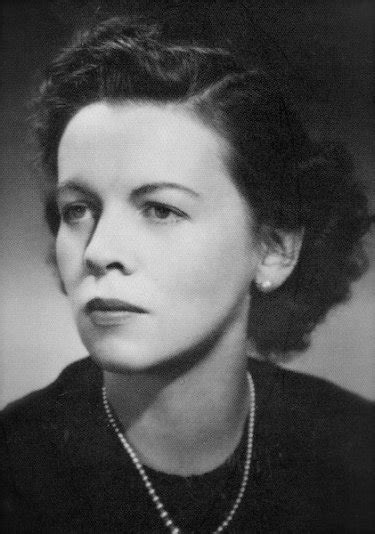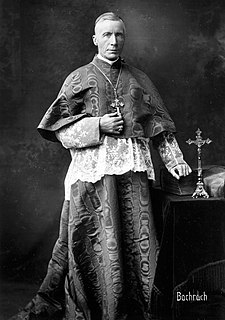A Quote by Christopher Hitchens
No moral person would do such a thing unless they thought it was divinely warranted.
Related Quotes
Our search for such [moral] principles can start with . . . the unconditional imperative to acknowledge every person as a person. If we ask for the contents given by this absolute, we find, first, something negative-the command not to treat a person as a thing. This seems little, but it is much. It is the core of the principle of justice.



































